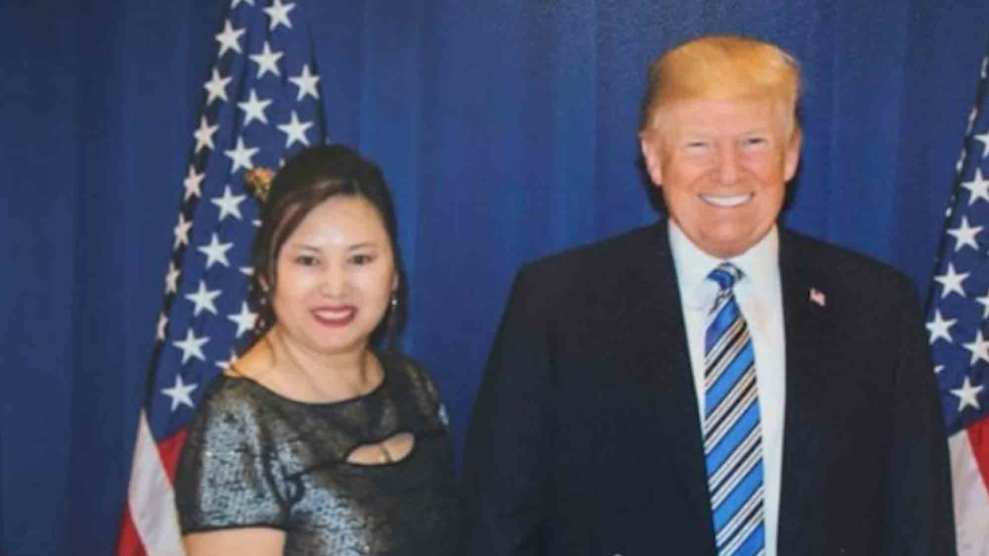In Defying the Odds, we discuss the people surrounding Trump. (The update -- recently published --includes a chapter on the 2018 midterms.)
The choice of servants is of no little importance to a prince, and they are good or not according to the discrimination of the prince. And the first opinion which one forms of a prince, and of his understanding, is by observing the men he has around him; and when they are capable and faithful he may always be considered wise, because he has known how to recognize the capable and to keep them faithful. But when they are otherwise one cannot form a good opinion of him, for the prime error which he made was in choosing them.
-- MachiavelliRebecca Davis O’Brien, Rebecca Ballhaus and Shelby Holliday at WSJ:
Subpoenas issued to people with ties to President Trump’s personal lawyer, Rudy Giuliani, indicate a broad federal investigation into possible money laundering, obstruction of justice and campaign-finance violations and show that prosecutors are probing Mr. Giuliani’s consulting businesses and other sources of income, according to people familiar with the matter.
In recent weeks, prosecutors have sent subpoenas and other requests to potential witnesses seeking records and information related to Mr. Giuliani and two of his associates, according to the people. The investigation, led by the Manhattan U.S. attorney’s office and the Federal Bureau of Investigation, has already led to campaign-finance charges against the associates, Lev Parnas and Igor Fruman.
A concern of the investigation is whether Mr. Giuliani violated federal lobbying laws by serving as an unregistered agent of a foreign government or hid his work for foreign nationals, said one person familiar with the investigation. Mr. Giuliani has denied ever serving as a lobbyist or agent of a foreign government.
President Trump’s personal attorney, Rudolph W. Giuliani, negotiated earlier this year to represent Ukraine’s top prosecutor for at least $200,000 during the same months that Giuliani was working with the prosecutor to dig up dirt on vice president Joe Biden, according to people familiar with the discussions.
The people said that Giuliani began negotiations with Ukraine’s top prosecutor, Yuri Lutsenko, about a possible agreement in February. In the agreement, Giuliani’s company would receive payment to represent Lutsenko as the Ukrainian sought to recover assets he believed had been stolen from the government in Kyiv, those familiar with the discussions said.
The talks occurred as Giuliani met with Lutsenko in New York in January and then in Warsaw in February while he was also gathering information from Lutsenko on two topics Giuliani believed could prove useful to Trump: the involvement of Biden, and his son, Hunter, in Ukraine and allegations that Ukraine, not Russia, had interfered in the 2016 election.
LISTEN: President Trump is now distancing himself more than ever from lawyer Rudy Giuliani, claiming he did not direct Giuliani to act on his behalf in Ukraine in a new interview with Bill O'Reilly. pic.twitter.com/6JaP9oOLMI— TheBeat w/Ari Melber (@TheBeatWithAri) November 26, 2019


